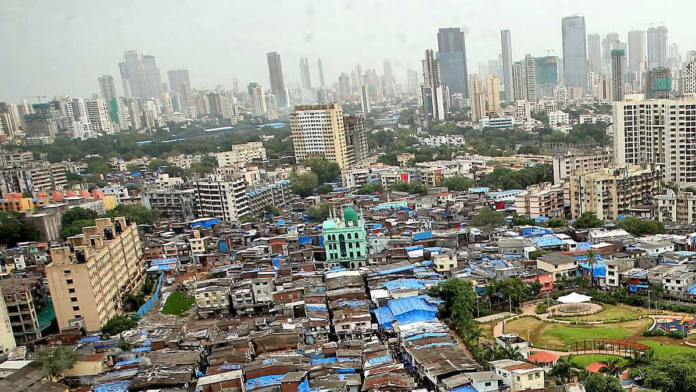Indian Cities Notified Master Plans reveal concerning statistics as only 219 out of 500 cities with over one lakh population have their master plans notified, according to data shared by the government in the Rajya Sabha. With another 158 cities still at the draft stage, the lack of updated urban planning frameworks is emerging as a key challenge in managing India’s rapid urbanization.
Urbanization And The Importance Of Master Plans
Master plans serve as legal frameworks for urban development, typically spanning a 20-year period. These plans address issues like land use, infrastructure, housing, and environmental conservation, aiming to accommodate anticipated population growth and economic activity.
The Union Ministry of Housing and Urban Affairs (MoHUA) is overseeing the preparation of these plans under the flagship Atal Mission for Rejuvenation and Urban Transformation (AMRUT). However, the pace of implementation remains slow.
Current Status Of Master Plans In India
Minister of State Tokanu Sahu informed the Rajya Sabha that only 219 cities with populations exceeding one lakh have notified master plans. The plans for 158 cities are still in draft stages, highlighting delays in their approval process.
For smaller Class-II cities (population 50,000 to 1 lakh), 661 proposals are under consideration as part of AMRUT 2.0. However, many cities continue to grow unsustainably due to the absence of active master plans.
Delhi Master Plan 2041: A Case Study
One prominent example of delays is the Delhi Master Plan 2041 (MPD-2041). Drafted in 2021, the plan remains unnotified due to ongoing stakeholder discussions and the complexity of issues it addresses. Minister Manohar Lal Khattar recently refrained from providing a timeline for its notification, emphasizing the need for comprehensive consultations.
The delay in finalizing MPD-2041 underscores the broader challenges in urban planning across India. Delhi, with its unique position as the national capital and a mega-city, urgently requires a well-structured master plan to manage its population, infrastructure, and environmental concerns.
Urban Development Challenges Without Master Plans
The absence of updated master plans has far-reaching implications for cities:
- Unplanned Growth: Cities without master plans face unregulated development, leading to poor infrastructure and housing shortages.
- Environmental Concerns: Lack of urban planning exacerbates pollution and resource depletion, particularly in metropolitan areas.
- Inefficient Land Use: Cities struggle to allocate land effectively for industrial, residential, and recreational purposes.
- Poor Governance: Without clear guidelines, local governments face difficulties in implementing sustainable development initiatives.
Reports Highlight Grim Realities
A 2021 NITI Aayog report revealed that 65% of India’s 7,933 cities lack master plans. Similarly, a 2023 study by non-profit Janaagraha found that 39% of state capitals do not have active master plans, resulting in unsustainable urban growth.
MoHUA’s Efforts To Address The Gap
To accelerate the preparation of master plans, MoHUA introduced the Urban and Regional Development Plan Formulation and Implementation (URDPFI) Guidelines, 2015. These guidelines provide a standardized framework for urban planning, aiming to improve consistency and efficiency across states.
Under the AMRUT mission, efforts are being made to encourage state governments to prioritize master plan preparation. However, bureaucratic delays and resource constraints continue to impede progress.
The Path Ahead For Indian Cities
India’s rapid urbanization demands immediate attention to urban planning. Some key measures include:
- Streamlined Approvals: Simplifying the approval process for master plans can help reduce delays.
- Technology Integration: Leveraging Geographic Information Systems (GIS) and data analytics can enhance planning accuracy and efficiency.
- Public Participation: Engaging stakeholders, including residents and local businesses, can ensure that master plans address community needs.
- Regular Updates: Cities must revise their master plans periodically to adapt to changing demographics and economic conditions.

The Role Of Stakeholders
Urban planning is a collaborative effort that requires input from multiple stakeholders, including government agencies, urban planners, and civil society. The government’s focus on consultations, as seen in the case of Delhi’s MPD-2041, reflects the importance of consensus-building in achieving effective urban development.
A Wake-Up Call For Sustainable Urbanization
The data presented in the Rajya Sabha serves as a wake-up call for policymakers to prioritize urban planning. As Indian cities continue to grow, the lack of master plans could lead to irreversible challenges, from environmental degradation to infrastructure collapse.
Strengthening urban governance, accelerating the preparation of master plans, and ensuring their timely implementation are critical steps toward building sustainable and livable cities for the future.

